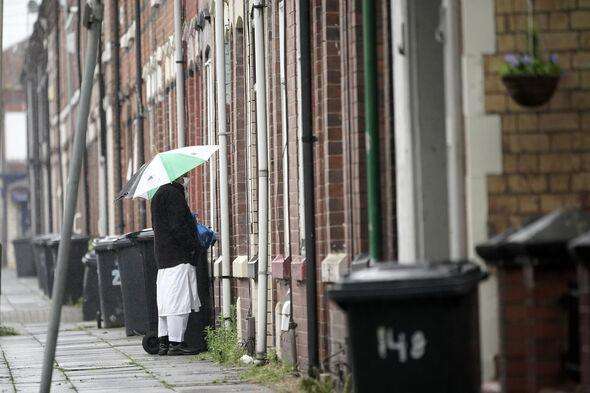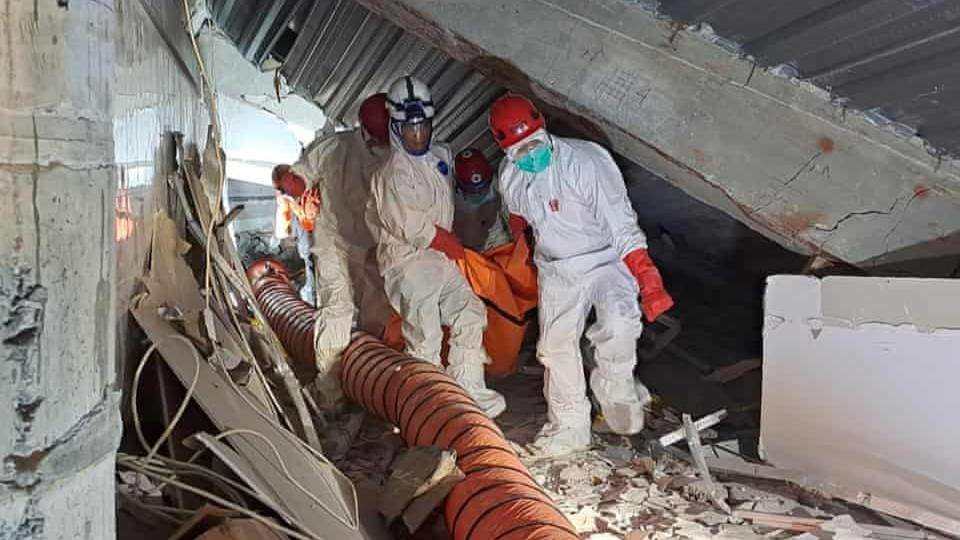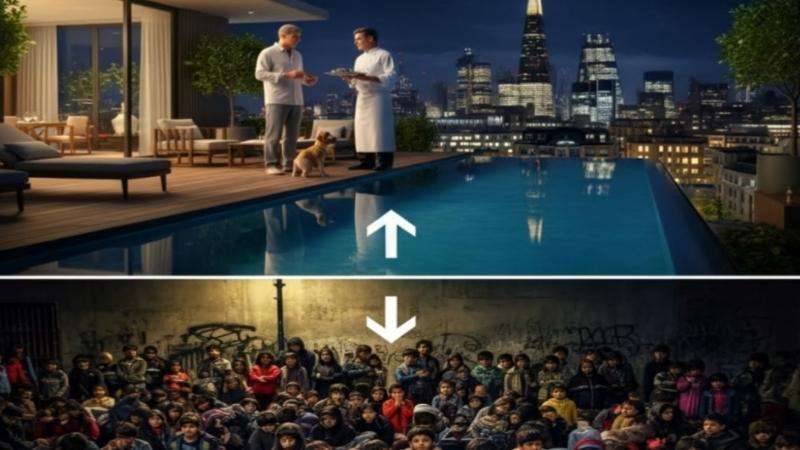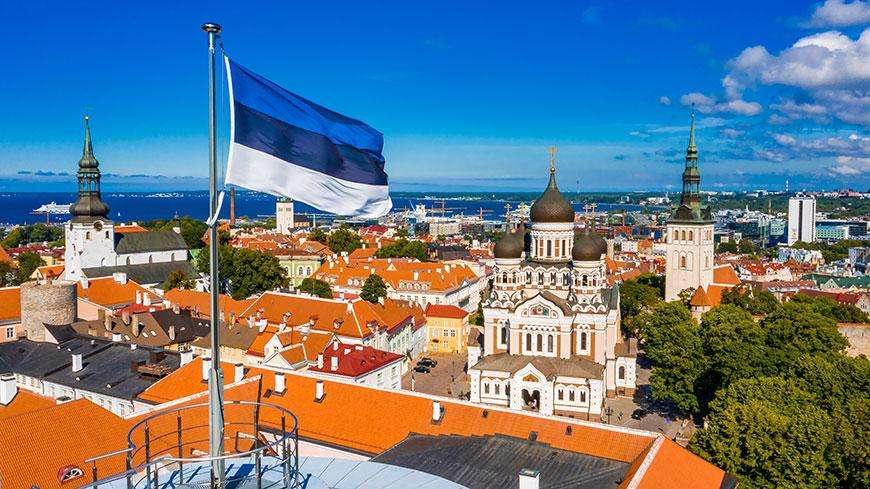The number of applications for temporary residency permits planned for 2024 is still unmet, according to information released by the Estonian government.
Data released by Estonia's Ministry of Interior indicates that the government has allotted more than 1,300 licenses annually as part of the yearly migration quota. Currently, nevertheless, this quota is around 300 shy of being reached.
These figures imply that a very small number of foreign nationals have chosen to immigrate to Estonia in recent years.
The immigration quota was entirely filled between 2016 and 2019, which are regarded as the peak years, as the Estonian Public Broadcasting indicates.
Nonetheless, there have been more unclaimed permits in recent years. The Interior Ministry has suggested reducing the immigration limit for 2025 in light of the fact that spots are still open.
The Ministry suggested setting the 2025 limit at 1,298; this has been made public.
The Ministry of Interior commented on the decline in the previous year and stated that the security and economic conditions had a big influence on it.
In addition to the above-mentioned, it has been revealed that the number of residence permit applications has also been dropping. Data shows that in 2021 and 2022, foreign nationals submitted more than 10,000 applications per year. On the other hand, in the first eight months of this year, only 4,702 applications were submitted.

_4.jpg)






.svg)

